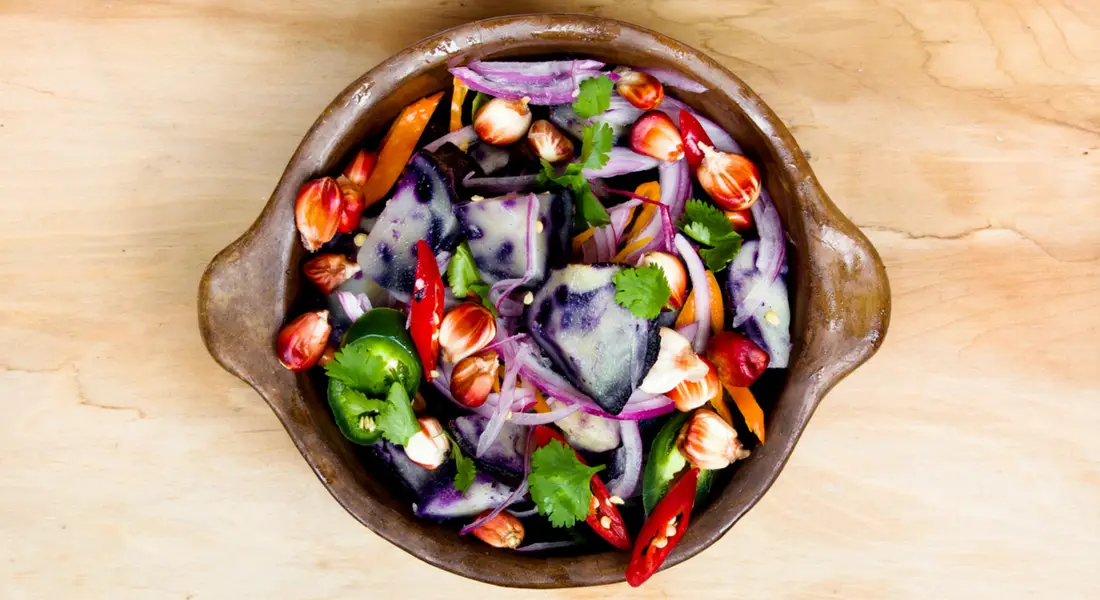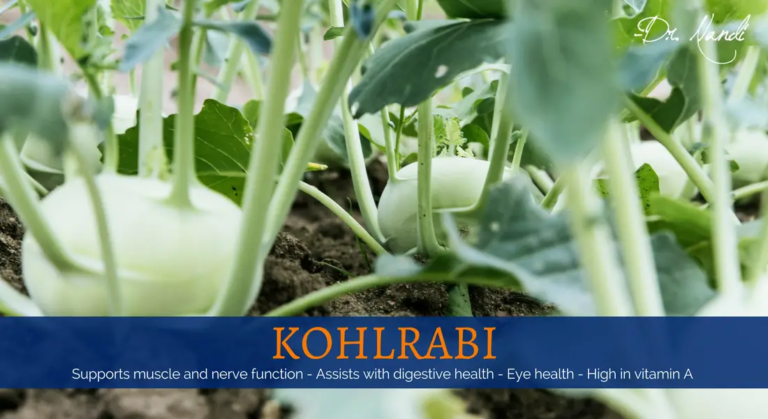There are many curious people out there, including some skeptics, who (understandably) have many questions about plant-based nutrition and even feel intimidated by the thought of transitioning to a plant-based lifestyle. If you’re one of them or want to learn more about it, I encourage you to read.
I speak to patients about their nutrition and making smarter choices that lead to healthier living. I’m a big advocate of adopting a plant-based lifestyle, and I speak from experience.
My family and I commit to eating primarily plant-based foods. We eat meat once a month at most. As a result, we feel healthier, have more energy to get through the day, and could add years to our lives.
Making any lifestyle change can feel like taking an unsure step into the unknown. But plant-based living is an easy and fun transition to make. When you discover how life-changing it can be (the benefits are pretty impressive!) and how simple it is to sustain long-term, you’ll realize that it could be the nutritional approach you want to incorporate into your own life. The more you learn about it, the better prepared you’ll be to make the right decision for you.
The Key Benefits of Adopting a Plant-Based Lifestyle:
- It fights obesity.
- It lowers high blood pressure.
- It can reverse heart disease.
- It can prevent diabetes.
- It can help you to live longer.
- It can protect the livelihood of our land and animals.
- It’s good for the environment.
Below Are Some of the Most Common Concerns About Plant-Based Nutrition:
I Won’t Get Enough Protein
Too little or too much protein can lead to health issues (high blood sugar, fatigue, etc.), so getting the right amount each day is essential.
According to Dr. Will Cole, a functional medicine practitioner, your ideal daily amount of protein depends on body size, weight, and activity level. He recommends aiming for somewhere between 15g and 35g of high-quality protein per meal.
You might think your options are limited to steak and chicken, but many plant-based sources will help you reach your daily requirement and keep you feeling nourished and satisfied.
Some delicious options include lentils, buckwheat, tempeh, hemp seeds, pumpkin seeds, chickpeas, tahini, broccoli, quinoa, spirulina, and amaranth.
Learning the Rules Will Be Too Time-Consuming
It is a valid concern because healthy lifestyle changes only stick when they’re realistic and easy to implement. Plant-based nutrition is easy to sustain long-term, which means you enjoy life-long benefits. Below are my top tips:
- Choose organic produce when it’s available. These items are less likely to have been treated with health-killing pesticides. Remember that ugly is the new healthy!
- If you’re going to eat meat, do so in moderation. My tribe limits meat consumption to once a month. Any meat you eat should be organic, pasture-raised, and grass-fed. These products are less likely to have been treated with hormones and antibiotics and could also reduce your risk of heart disease, cancer, and high blood sugar.
- If you’re going to eat fish, opt for wild (not farm-raised). Farm-raised fish are often raised in crowded conditions resulting in higher rates of bacteria, pesticides, artificial coloring, antibiotics, and parasites.

There won’t be any variety. I’ll get bored FAST!
You can live a plant-based lifestyle for the rest of your life and never get bored. Seriously. Only a handful of foods are excluded, which leaves thousands of delicious and satisfying choices.
Dr. Joel Kahn owns a restaurant (Kali and I love it!) that offers a weekly 3-course vegan menu. After five years, their selections have never been repeated!
People who regularly eat plant-based foods often say they’ve developed an appreciation for subtle flavors that they never enjoy in meals overwhelmed by meat, eggs, and dairy. I promise you will never be bored!
I am an advocate for the powerful benefits of incorporating plant-based foods into our daily diet. Plant-based foods are a cornerstone of a healthy lifestyle, offering a wide range of vitamins, minerals, and antioxidants that nourish our bodies from within. By incorporating more plant-based options into our meals, we can optimize our health and well-being.
My Personal RX:
1. Load up on colorful fruits, vegetables, legumes, whole grains, nuts, and seeds. These plant-based powerhouses offer a wealth of fiber, antioxidants, and phytonutrients, promoting a strong immune system, vibrant skin, and a healthy heart.
2. Embrace a holistic approach with my Protocol for Optimizing Your Health and Wellbeing, guiding you on a transformative journey toward holistic health. Experience the positive impact.
3. Find balance and listen to your body’s needs. While adopting a plant-based diet is beneficial, it’s essential to ensure you’re meeting your nutritional requirements. Consult with a healthcare professional or registered dietitian to ensure you’re getting the right balance of nutrients.
4. Meet your unique nutritional needs with Men’s & Women’s Core Essentials. These specialized supplements are designed to provide targeted support, delivering the essential nutrients required for optimal health and vitality.
5. Try some tasty vegan recipes. How tasty can a vegan meal be? See for yourself. I bet you’ll be surprised! Here are two of my favorites:
6. Enjoy food from your garden. What better way to enjoy natural and healthy foods than to use what you grow right at home! Bring home-grown fruits and veggies into your kitchen and use them in your favorite recipes.
7. Always wash fruits and vegetables. It includes fruit you peel like oranges and bananas.

Still Skeptical?
Whether or not you decide to try a plant-based diet, it’s important to eat whole and natural foods as much as possible. You’ll feel happier, healthier, and more robust.
If you have questions about your nutrition or adopting a plant-based lifestyle, please send me an email to share your thoughts.
Make healthy living a part of every day.
The light in me honors the light in you. Namaste.
Dr. Nandi












 Subscribe to Ask Dr. Nandi YouTube Channel
Subscribe to Ask Dr. Nandi YouTube Channel









